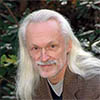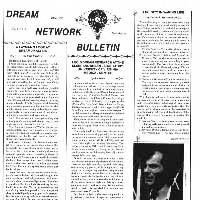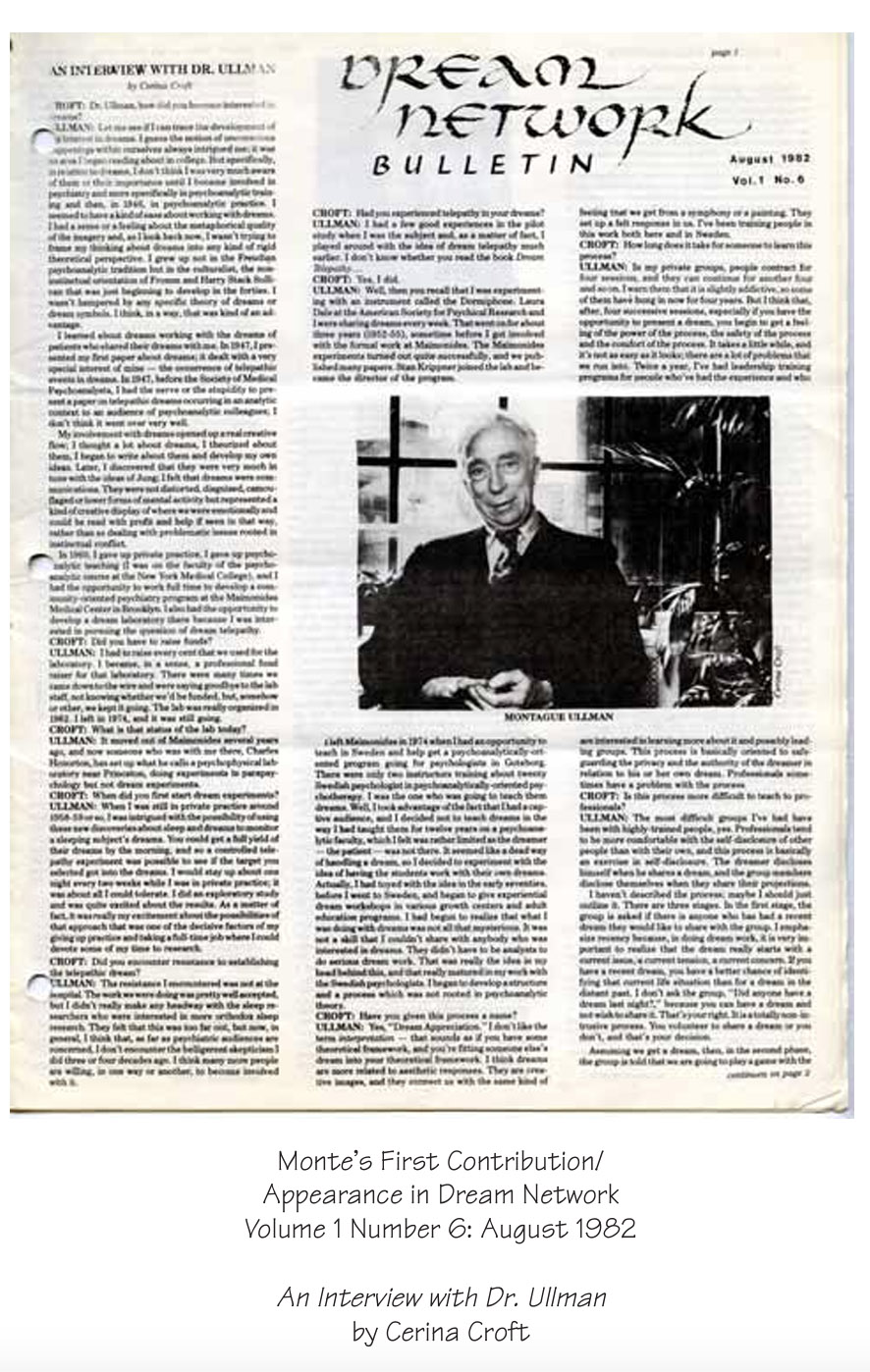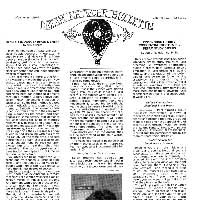Whenever I am getting ready for a radio interview or a talk, I try to anticipate the questions. I usually get questions like … How can I remember my dreams? Do dreams answer questions? Do they foretell the future? What does the dream I had last night “mean?”
But on this particular talk show, I was thrown off a bit. The kind lady on the phone handed me a really simple, basic question. But it caused me to hesitate. To think a bit.
Her question: What is a dream?
I thought back. Had any of the so called dream “experts” answered that question? I have noticed that most writers of dream books dive right in, assuming everyone knows what they are talking about when they discuss dreams.
The question is definitely worthy of a thoughtful answer. So here is my take on it. My response draws on my understanding of ancient wisdom and eastern philosophy. Our personalities have three aspects: the physical, the emotional, and the mental. The brain is part of the physical aspect. When we die, the physical aspect ceases to exist, but for some time we continue to experience emotion and retain our mental capabilities.
When we dream, we are experiencing a state of consciousness similar to death. Our physical senses are shut down, but our emotional and mental aspects are running full steam. Dream researchers tell us the brain is still functioning during dream periods. The motor and emotional areas of the brain are highly active, enabling us to actually “experience” the dream. But I think the dream is less a function of the physical brain than it is of the mind, an aspect of ourselves that transcends the physical.
In the dream state we are free from the distractions of waking life. Free from our day-to-day concerns. I compare it to the Hubble telescope. Scientists knew that to fully experience the universe they had to free themselves from the bounds of earthly atmospheric distractions. In the dream state you can experience whatever happens to you without thought of prejudice, of what it will cost, of who is watching you, of what will happen if you fail. Here your mind receives objective information. Even better, in the dream state you are connected to universal consciousness. You are able to see all the universe has to offer. Your dream is what you see in your Hubble telescope.
What is a dream? A dream is objective information. A dream is what you would be thinking about if you weren’t so busy working, or buying things, or paying bills, or worrying, or seeking pleasure.
As you sleep, at the end of a day of working, buying things, paying bills, worrying, seeking pleasure, whatever … your mind processes these events and all the emotions associated with them. It considers them in relation to all that you are and all that you could be. Your mind selects a theme—an essential issue, idea, or perception— that your need brought to your consciousness at this point in your life. Your mind then attempts to present this theme in a form you can understand.
Most of us are accustomed to the narrative, storybook form. So, for most of us, the mind attempts to tell us a story. This story presents the issues you need to deal with in your waking life. These issues are normally things you know about but are avoiding or afraid to face. They may be things of which you are not yet conscious.
Of course, not everyone processes things in this narrative sense. For instance, artists may just experience visual images, with no storyline at all.
We are told that Billy Joel and Sting are given their musical inspiration in the dream state. I know a potter in Virginia who first “sees” her new projects in dreams. Artists, scientists, and other visionaries often experience ideas, perceptions, and new perspectives in their dreams.
At the point of waking from your dream, you have choices about what to do with your new-found objective information. You can ignore it and say, “It was just a dream.” Or you can act on this profound message that has come to move you forward, to take you to a new level of understanding about yourself and your world, to give you new insight into your skills and abilities and what you can produce. Someone said, “We cannot discover new oceans unless we have the courage to lose sight of the shore.” Dreams are asking you to be brave, to take a step forward into new adventures. They are asking you to explore the mystery.
True, they are normally filled with complicated symbolism. True, they are normally asking us to consider some degree of change in our lives. These concerns do not have to stop you in your tracks. I believe the quickest and best way to get past these hurdles is to seek out the core messages—the themes—our dreams are asking us to explore.
Consider a recent dream you have had. Ask yourself, what is the theme of this dream? Generally, did it deal with how you differentiate yourself from others, or how you express yourself, or how you interact with others, or how you capitalize on your experience? Think in terms of broad issues. For example, in the dream, did you experience need, vulnerability, success, failure, exploration, new discovery, adaptability, sharing, love, desire? Were you threatened or criticized? Did you have trouble communicating or applying your knowledge and skills? Did you feel out of control or restricted in some way? Were you surprised to learn there was some new world to explore or some new direction your work can take?
These are all common themes in dreams. But your specific dream is not “common.” It deals with you and your life. Ask yourself where in your waking life you are experiencing these issues or feelings or activities. Finally, look back at the details of the dream to see if it contains new information or clues about how to deal with waking life issues or how to develop and present new ideas or perceptions.
What is a dream? A dream is objective information from deep within you and from the universe around you. It is coming to help you grow. To find your role in the world. To be the best you can be. To be free and to be whole. Honor it by acting on the specific message it is asking you to address.
For more information on themes and how to work with them in your daily dream work, I provide general information on my website, www.heartofthedream.com, and more detailed information in my book, Dream Exploration: A New Approach. ℘








